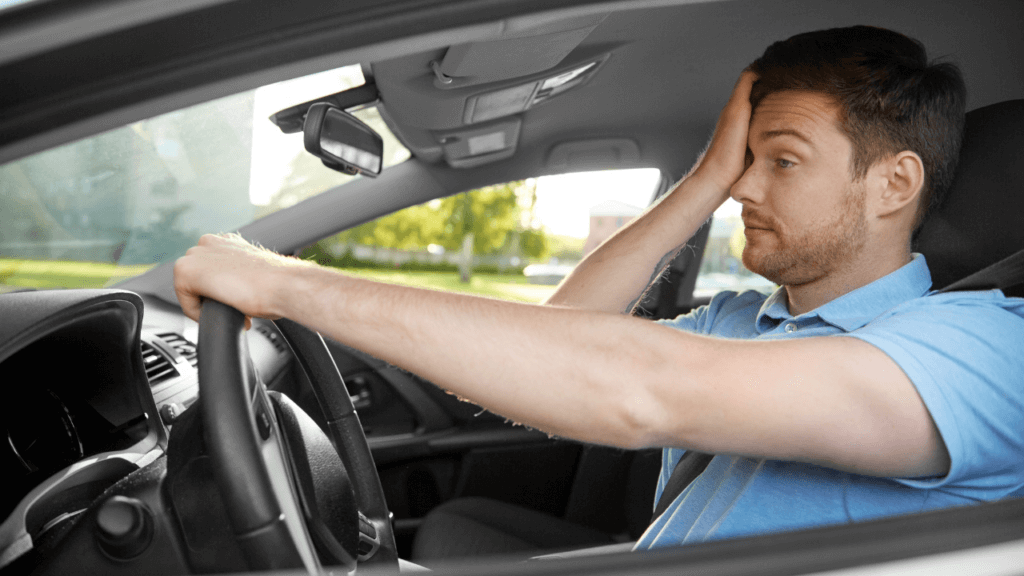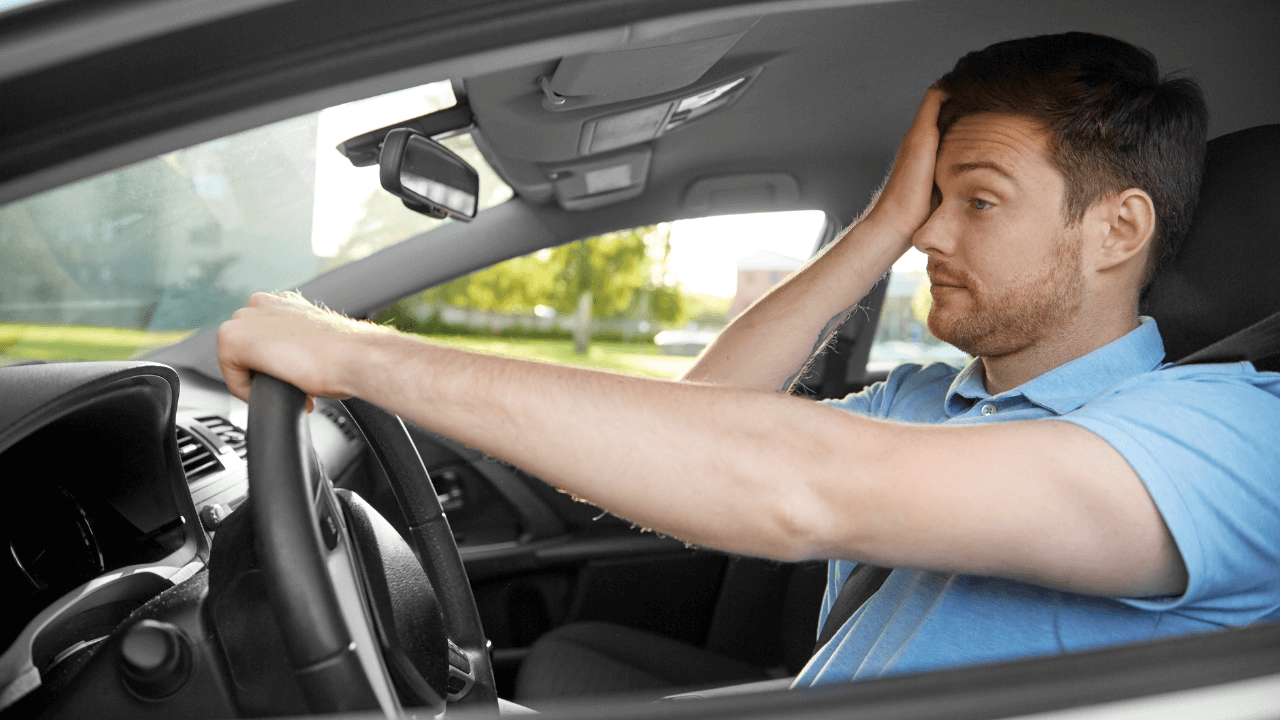
DWI laws in New Jersey are quite strict, with consequences ranging from community service to license suspension and even jail time. It is important to understand how a DWI in New Jersey can affect your out-of-state license.
Rosenblum Law has decades of experience representing defendants in DWI cases. If you are arrested for DWI in New Jersey with an out-of-state license, contact us today for a free consultation, and keep reading for more information.
DWI Laws in New Jersey
Under Section 39:4-50 of the New Jersey state code, the blood alcohol content (BAC) limit for a DWI is 0.08. There are additional penalties for a BAC of more than 0.10.
When someone is pulled over for a DWI, they may be asked to submit to a field sobriety test and/or a breathalyzer test. If they refuse, they will be arrested.
The consequences of a DWI conviction in New Jersey are steep. A first offense carries a fine, possible jail time, and license suspension. A second or third offense includes jail time and community service. There may be additional consequences as well, such as the need to install an interlock ignition system.
Impact of a DWI Arrest on Out-of-State Drivers
Someone’s out-of-state license can be suspended for a DWI conviction in New Jersey. Under the Interstate Driver License Compact, a DWI in someone’s home state counts as a first offense in New Jersey when determining penalties for a DWI; the New Jersey DWI will be considered a second offense.
Not all states participate in the Driver’s License Compact, but even if a driver’s home state does not participate, New Jersey will still try to reach out to that state’s DMV to notify them of the DWI. Furthermore, penalties for a license suspension in the driver’s home state will be in addition to, and could be more severe than, New Jersey’s penalties.
Legal Process for DWI Cases in New Jersey
When someone is pulled over for a DWI in New Jersey, they will be given a field sobriety test, a breathalyzer test, or both. If these are failed or refused, the driver will be arrested and be taken to a police station and booked, which usually involves taking a mugshot and fingerprints. After booking, the defendant may need to pay preliminary bail to be released.
At the arraignment, the defendant will plead guilty or not guilty. An attorney can bargain with the prosecutor for reduced penalties. If a plea deal is reached, the judge will ensure that the defendant understands it and their responsibilities under it. If no deal is reached and the defendant pleads not guilty, there will be a trial.
If the defendant pleads or is found guilty, sentencing can include a fine, up to 30 days in jail, license suspension, and other penalties.
Role of an Attorney in DWI Cases for Out-of-State Drivers
It is important to hire a local attorney familiar with New Jersey DWI laws and court procedures. An attorney may have good rapport with the prosecutor that allows them to work out a plea deal.
The attorney also can challenge evidence and test results by calling the accuracy of the testing equipment into question. If the testing equipment was not calibrated or maintained correctly, the test results could be thrown out and the case dismissed.
The attorney will represent their client in court and negotiate with the prosecutor for reduced penalties. They can do so much more effectively than the defendant can on their own.
Finally, the attorney can coordinate with the home state’s DMV and legal authorities to try to reduce penalties in the home state.
Potential Consequences of a DWI Conviction in New Jersey
The penalties for a DWI conviction in New Jersey depend on if it is a first, second, or third or subsequent offense. As stated above, a prior DWI offense in the home state will be considered. Penalties also depend on the BAC test result.
A first offense with a BAC of .08 to .10 results in a fine of $250 to $400, up to 30 days in jail, and a 3-month license suspension. A first offense with a BAC of .10 or more results in a fine of $300 to $500 and up to 30 days in jail, and a 7- to 12-month license suspension. In either case, the judge can order a supervised visitation program as a condition of probation or a form of community service.
For a second offense, regardless of BAC, there is a fine of $500 to $1,000 and mandatory jail time of at least 48 consecutive hours, and the judge can order additional jail time up to 90 days. The defendant’s driving privileges in New Jersey will be suspended for two years, and they will be ordered to perform 30 days of community service. This is increased to 60 days of community service if the offense took place in a school zone.
For a third or subsequent offense, regardless of BAC, there is a fine of $1,000 and a mandatory 180 days in jail. Up to 90 days of this jail term can be served in a treatment facility. Moreover, the defendant’s driving privilege in New Jersey will be suspended for 10 years. In addition to these penalties, there is a long-term effect on insurance and employment. According to Wallet Hub, one can expect their insurance rate to increase by 82% after a DWI conviction in New Jersey.
FAQs
Yes, because New Jersey participates in the Interstate Drivers License Compact. Even if your state does not participate in the compact, New Jersey will attempt to notify them of the DWI conviction.
You can get your driving privileges reinstated in New Jersey after a DWI only after the suspension period has passed. However, an attorney may be able to negotiate a lower suspension period in exchange for installing an ignition interlock system or probation.
The New Jersey DMV will contact the DMV in other states to make them aware of the DWI conviction. Even if your home state does not participate in the Interstate Drivers License Compact, the New Jersey DMV will attempt to notify the other state’s DMV of the DWI conviction.
If you refuse a breathalyzer test, your driving privileges in New Jersey will be suspended until you install an interlock ignition system in your vehicle. Your home state may impose other penalties.
Most likely, yes. You may be allowed to appear virtually, but this is rare. Assume that you will need to return to New Jersey for your court date. Failure to appear could result in a warrant for your arrest.
Yes. The attorney can also negotiate with prosecutors for reduced charges and penalties, often by pointing out weaknesses in the prosecution’s case.
Yes, your insurance rates will increase significantly after a DWI in New Jersey.
You may file an appeal within 20 days of the conviction. The most common grounds for an appeal are denied motions to exclude evidence or confessions.
Contact Rosenblum Law Today
A DWI conviction in New Jersey has lasting consequences even if you reside out of state. You could face fines, jail time, and community service in New Jersey. You could also face license suspensions in both New Jersey and your home state.
It is important to have legal representation for out-of-state drivers. Criminal defense attorneys are best able to navigate New Jersey DWI laws and court system. The attorney can also negotiate for decreased penalties or apply for post conviction relief of reduced suspension periods both in New Jersey and your home state.
Rosenblum Law has extensive experience defending out-of-state drivers in New Jersey DWI cases. Contact us today for a free consultation.






 888-815-3649
888-815-3649
